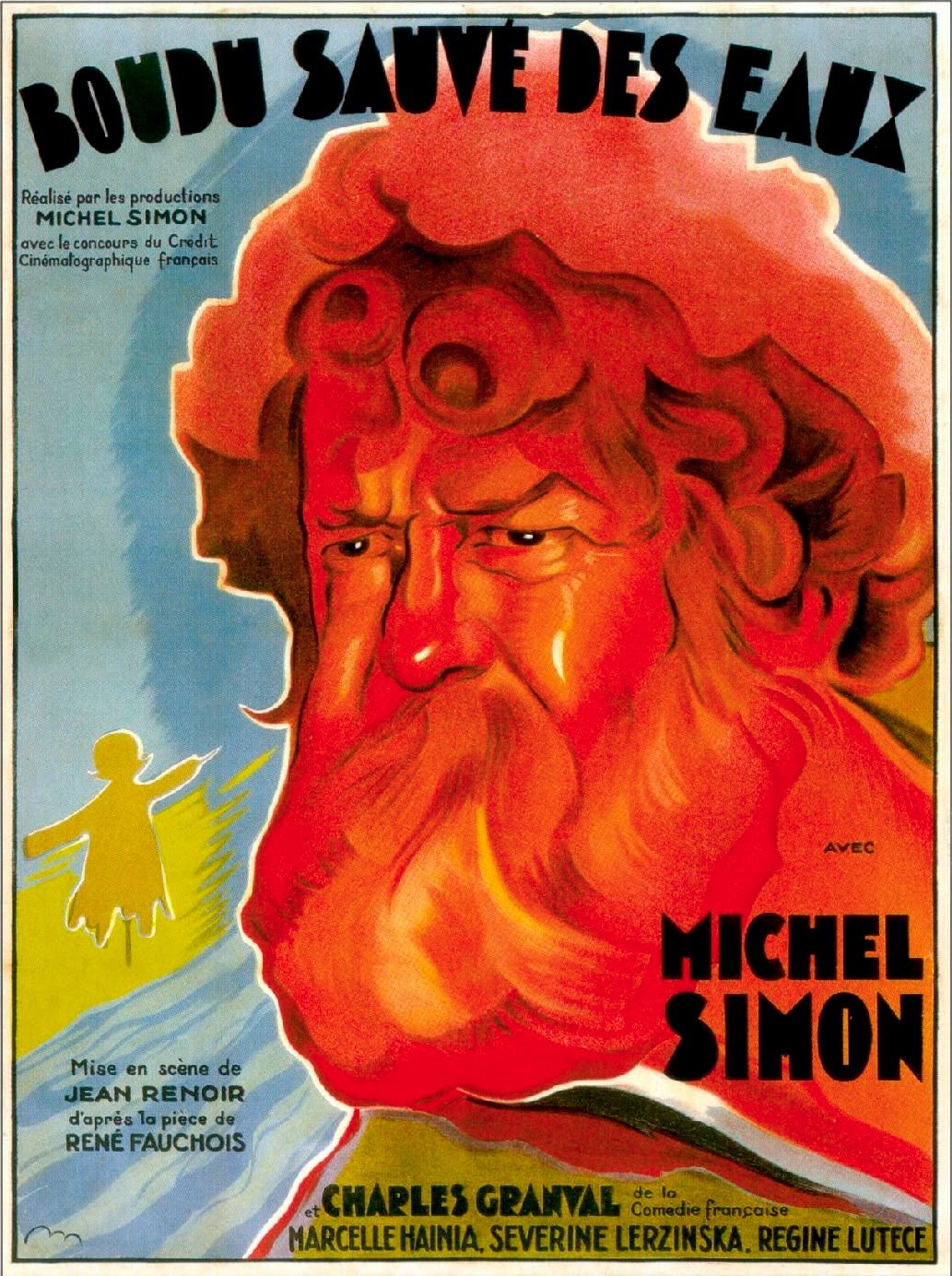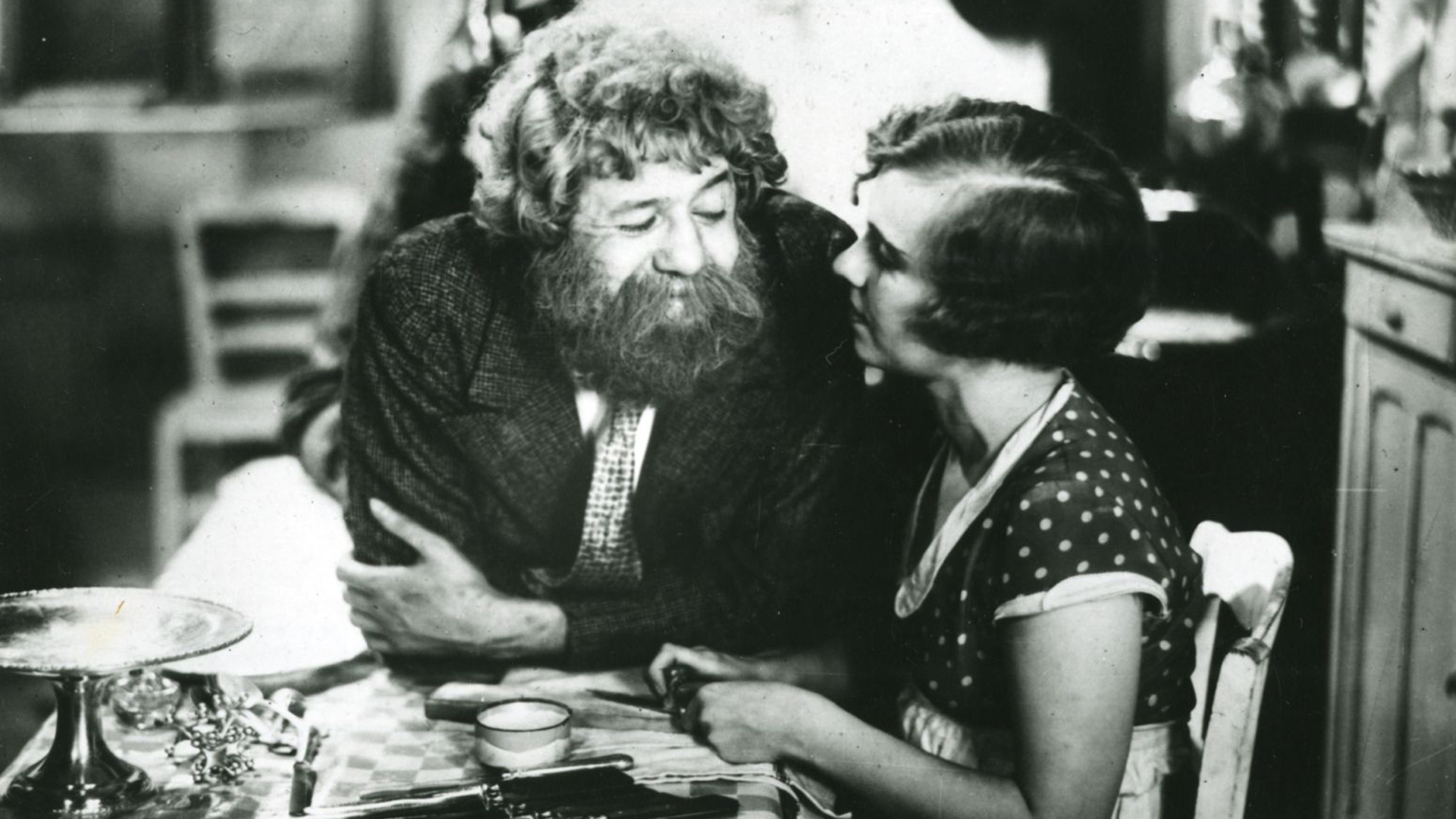Boudu Saved from Drowning
Pleasure can be a form of dissidence, as shown by this cycle, opening up this new year with a playful and impertinent philosophical tone. The modern heirs of Diogenes, the tramp Boudu and the punks of Not Dead dynamite the bourgeois order or the consumer society. Very Happy Alexander and The Big Lebowski make a few enemies by establishing the pleasures of laziness as an art of living. Children rebel against their school's authority figures in the libertarian Zero for Conduct, while Ferris Bueller prefers to play hooky to discover the world in a different way. In Hal Ashby's Harold and Maude, life becomes a marvelous game of defying convention and death, while Mr. Chance in Being There becomes a political oracle by simply explaining how to cultivate his garden. The final word goes to the decadent intellectuals of The Decline of the American Empire and their dizzying introspection on the exhausting quest for happiness.
A brave bookseller rescues a tramp from drowning and takes him into his home. But Boudu disrupts this petit bourgeois world.

Jean Renoir
Second son of the famous painter Auguste Renoir, his films had a profound impact on the mutations of French cinema between 1930 and 1950, paving the way for the New Wave. After fighting in the army during the First World War, he directed his wife and older brother in his first film in 1924, La fille de l'eau. It wasn't a great success, but young Jean, with his passion for cinema, didn't give up. His career really took off with La chienne, in 1931. La grande illusion, starring Jean Gabin, and La règle du jeu are now considered major masterpieces of world cinema. In the early 40s, with war declared, he moved to Hollywood. He made a number of films there, including Vivre libre, L'homme du sud, Le journal d'une femme de chambre, but they were not very successful. He decided to return to France in the early 50s. In 1962, he made his last feature film, Le caporal épinglé, and in 1975, he received an honorary Oscar for lifetime achievement, before dying four years later in Beverly Hills, California.





